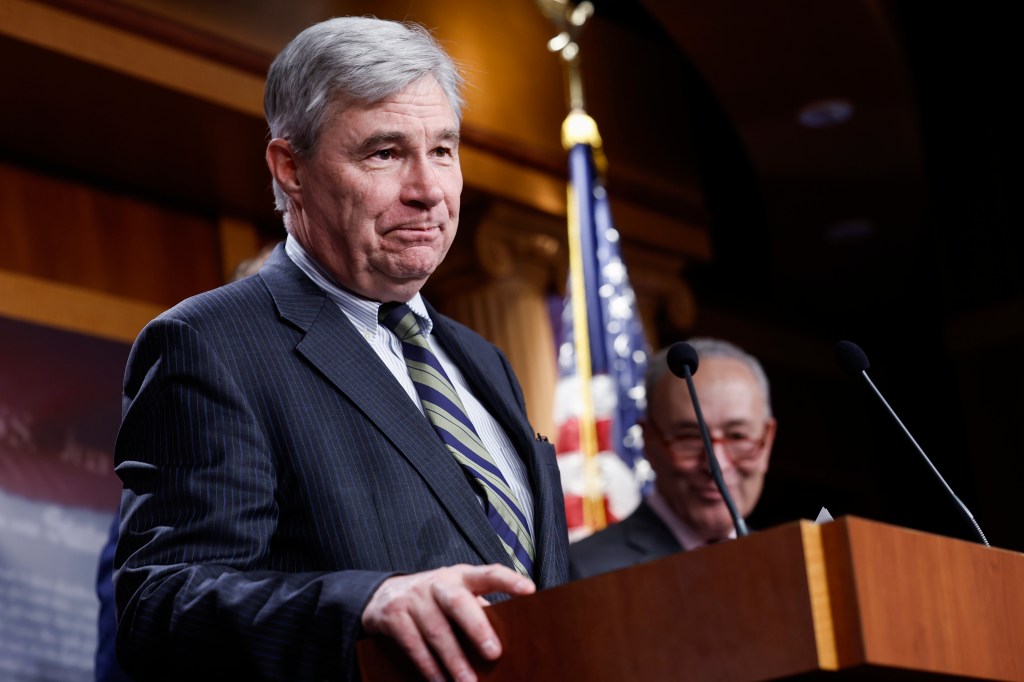On March 15, 2023, a bipartisan group of senators addressed a letter to the Director of the Financial Crimes Enforcement Network (FinCEN), urging the agency to amend certain aspects of its Notice of Proposed Rulemaking (NPRM) regarding beneficial ownership information (BOI) access and safeguards.
Specifically, the senators urge FinCEN, the US Treasury’s anti-money-laundering (AML) unit, to give banks broader access to an incoming registry that identifies the individual owners of legal entities to assist these banks with their AML and sanctions screening and monitoring.
Their plea revolves around a proposed rule from FinCEN that would govern access to the non-public registry. As it is currently constructed, the proposal inappropriately restricts financial institutions from accessing and using the BOI, they said.
Barriers cited
Citing the creation of “unnecessary and costly barriers,” senators Sheldon Whitehouse (D-RI), Chuck Grassley (R-IA), Ron Wyden (D-OR), Marco Rubio (R-FL), and Elizabeth Warren (D-MA) say the draft rule is not consistent with the objectives of the Corporate Transparency Act (CTA). The CTA requires FinCEN to establish a beneficial ownership registry of legal entities formed or registered in the United States.
The American Bankers Association (ABA) raised many of the same concerns (and added several others) in its own recent letter to FinCEN, saying the proposed access rule “creates a framework in which banks’ access to the registry will be so limited that it will effectively be useless, resulting in a dual reporting regime for both banks and small businesses.”
As the senators say in their letter, the proposed rule as it is currently drafted would have FinCEN manually review every request from each financial institution, which they say “risks overwhelming the capacity of the agency, generating major delays in the financial system, and undermining the utility of the directory”.
“It is essential that FinCEN establish an automated process (ideally one integrated with existing compliance systems at financial institutions) for fielding and responding to these requests.”
Letter from bipartisan group to FinCEN
The senators point out that once the database goes live, financial firms will immediately begin requesting access to BOI for the 32 million reporting companies in the country. “It is essential that FinCEN establish an automated process (ideally one integrated with existing compliance systems at financial institutions) for fielding and responding to these requests.”
The legislators noted that they want to ensure financial institutions can use the BOI across their anti-money-laundering, combating the financing of terrorism (CFT), sanctions-screening and other financial crime compliance programs. As they phrased it: “Congress intended that the directory be ‘highly useful’ to financial institutions, among other authorized users, and the CTA explicitly contemplates that financial institutions will incorporate BOI into their AML/CFT programs.”
A final rule implementing the beneficial ownership information reporting requirements of the Corporate Transparency Act (CTA) was issued in September 2022, and the regulations go into effect on January 1, 2024.
Transparency
The Corporate Transparency Act (CTA), which is a part of the Anti-Money Laundering Act of 2020, establishes uniform beneficial ownership information reporting requirements for certain types of corporations, limited liability companies, and other similar entities created in or registered to do business in the United States.
Following these recent requests from federal lawmakers and the ABA, compliance professionals should ensure they stay up-to-date on any developments concerning FinCEN’s access rule. They should also make sure they are equipped with the technology, staffing, training, and guidance needed to help them comply with the new rules and best use the BOI data from the registry in a timely manner.













